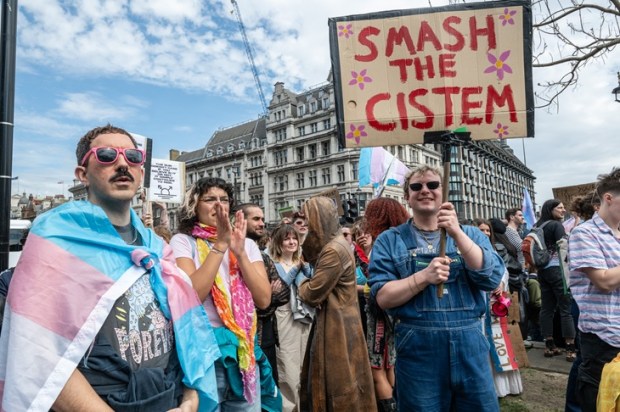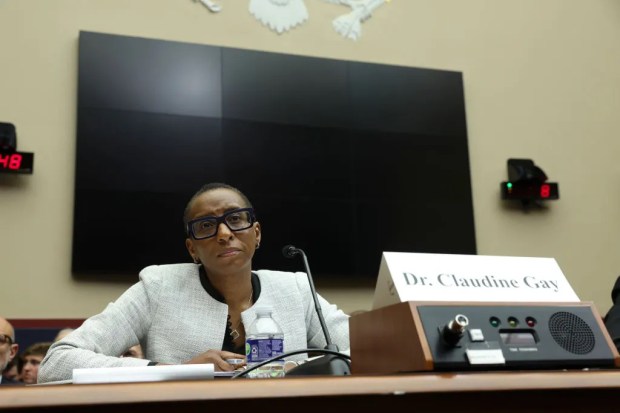The curious and eager nature of some to desperately find something to be upset about, like an overexcited bloodhound, is fascinating. It suggests that their lives are so tranquil (and possibly dull), that there is no avenue for them to release what must be pent-up feelings of self-righteousness and the need to be seen as a good person. And dare I say, a dash of smug?
We all have these moments, but most of us keep it in check. We might fume at the newspaper headlines, and scoff at the morning bulletin, but then we forget about it and get on with our lives. But when these instincts lash out in all the wrong directions, spreading itself like a shadow threatening to consume everyone, and when the outcome will negatively affect entire societies, they cease to be simply a laughing matter.
The latest such episode is the urge of Penguin Random House to edit Roald Dahl’s classic children’s books to make them more ‘suitable’ for modern readers.
So what inappropriateness have the current generation of wised-up employees of Penguin Random House suddenly discovered in classics such as Charlie and the Chocolate Factory and James and the Giant Peach which has evaded readers for 60 years? Prepare to shudder in horror, readers, at the following examples of transgressions, hitherto hidden artfully by Dahl, the cunning fox.
In Charlie and the Chocolate Factory, a tale familiar to most, Augustus Gloop, a greedy and voracious child, was described as ‘enormously fat’. Can you imagine the hurt this must have caused to generations of children of generous proportions? The good pious people at Penguin edited this, so that Gloop is now ‘enormous’. Why it is less hurtful to be described as an enormous child I leave to the sound judgment of the editorial staff, who undoubtedly have undergone thorough sensitivity training.
In Witches, an ‘old hag’ was edited to an ‘old crow’. The word ‘hag’ comes from the Old English word ‘haegtes’, meaning witch, sorceress, and fury. The oomph and imagery of an evil-looking, slatternly, and mysterious women conjured up immediately by this single three-letter word might be lost, but you may be assured that no old, evil-looking, slatternly women will ever be offended again. Except…did the Penguin staff not realise that the Crow is a minority people indigenous to the Great Plains in America? Or perhaps they assumed that the Crow are too sensible to read Dahl, which might count as cultural appropriation, or colonialism, or something…
And in Witches again, the word ‘female’ has been scrubbed. The phrase ‘bunch of dangerous females’ has been altered to ‘bunch of dangerous witches’. Although ‘witch’ is defined as being female, who’s to say a man can’t be a witch if you are a progressive-minded editor working at Penguin Random House? After all, penis-owners have been put into female prisons, where they have used the aforementioned member to violate and even impregnate fellow female prisoners. So, who can possibly define what a woman is?
Other phrases, such as ‘mothers and fathers’ have been purged. The Cloud Men in James and the Giant Peach have become ‘Cloud People’. Indeed, who are we to designate their gender with our antiquated and laughably binary pronouns?
Thinking along these lines, publishers clearly haven’t gone far enough. What about Little Women? Surely it should be Little People? The same goes for The Girl with the Dragon Tattoo, and Gone Girl. And what about the misogynistically titled A Man for All Seasons, No Country for Old Men, and Of Mice and Men? More subeditors are needed now than ever before, clearly!
Mocking aside, it is reassuring to see that, under a torrent of push-back, including from the likes of Sir Salman Rushdie, Camilla, the Queen Consort, and PEN America, Penguin Random House relented from their quixotic and idiotic pursuit and will now publish the original versions as well as their disfigured, ‘correct’ versions.
One is forced to think that the people behind this decision have never met an 8-year-old. I know 4-year-olds who apparently know more swearwords than me (and giggle adorably after saying them). Part of Dahl’s charm is precisely his irreverence, the element of danger and naughtiness that will forever appeal to children. Introducing the darker elements of life in this gentle way is much better and kinder, not to mention more fun, than trying to coddle them, only to release them into the social jungle of adolescence, let alone adulthood, without having developed any resistance.
The offer of a sanitised and bowdlerised version, like the recent attempts to ban the song Delilah from being sung at Welsh rugby games, are a waste of everyone’s time. And people who advocate for such things do not deserve to be guardians of our cultural treasures.

























